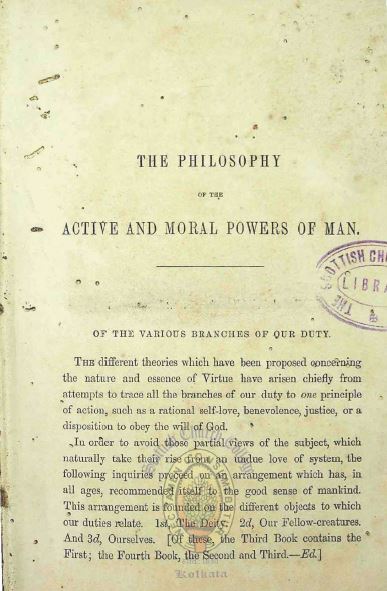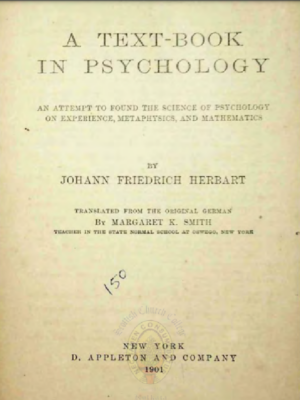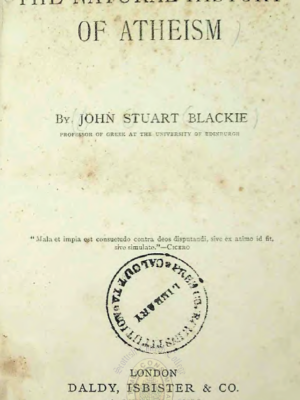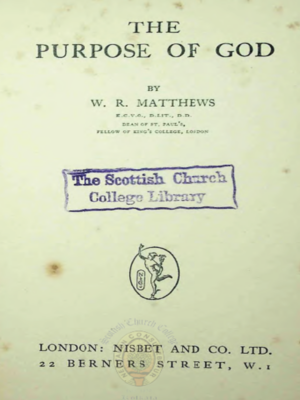Description
The Philosophy of the Active and Moral Powers of Man by Dugald Stewart is a significant work in moral philosophy, offering a deep analysis of human actions, ethics, and moral reasoning. In this book, Stewart explores the active faculties of the human mind—those that drive human behavior—and examines the moral principles that guide actions. Stewart, a key figure of the Scottish Enlightenment, builds on the works of earlier moral philosophers, including Thomas Reid, emphasizing the role of reason, emotions, and conscience in shaping human conduct.
The work is divided into sections that discuss different aspects of moral philosophy, such as the nature of virtue, the influence of motives, and the foundations of moral obligation. Stewart also delves into practical ethics, analyzing how philosophical principles apply to real-life scenarios and the cultivation of moral character.
This book is essential for students of philosophy, particularly those interested in ethics, moral psychology, and the development of moral thought during the Scottish Enlightenment. Stewart’s clear and systematic approach provides a rich framework for understanding the active and moral dimensions of human nature.





